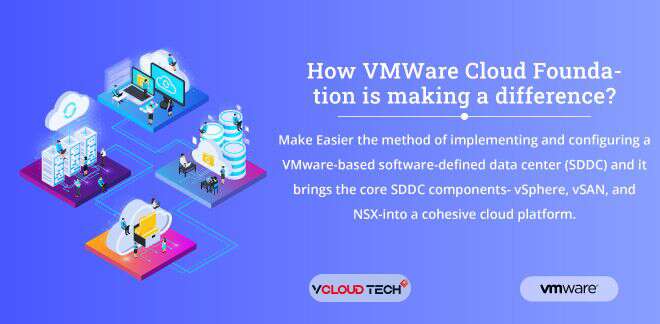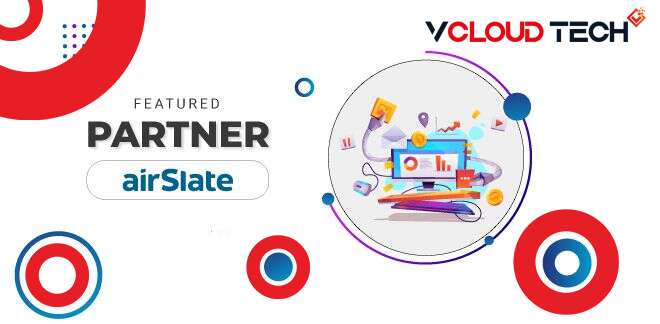Traditional infrastructure can no longer support the needs of modern organizations. With evolving technology any enterprise would need an up-gradation to the agile, secure, and more flexible hybrid cloud infrastructure. Or else if any IT managers fail to upgrade legacy infrastructures it would cost time, rise in Capex, and a downfall in total productivity.
After Covid-19 enterprises are now moving towards the much secure and high-performance hybrid cloud foundations. Digitized businesses are now more exposed to cyber threats, and the risk posed by the much stronger ransomware and another DDoS.
Dealing with high-end manual processes can be costly, time-consuming, and less secure for modern businesses.
Organizations are adapting to the new way of operations by having advancements in both hybrid cloud architectures and cloud-native applications. While choosing to pick the best option for data migration is a hectic job for any enterprise. With insecurities and limited budget what an IT manager looks for is having a trustworthy cloud service provider like that of VMware.
WHY MOVE TO THE VMWARE CLOUD FOUNDATION (VCF)?
VMware Cloud Foundation (VCF) eases up the burden for its customers across the globe by simplifying data migration and management of critical data sets. VMware offers any enterprise with the most flexible cloud infrastructure by leveraging the platforms has already invested in, managing risk while maximizing transformative benefits, and Future-proof environments for cloud-native applications and the hybrid cloud.
VMWARE CLOUD FOUNDATIONS CONSIST OF THE FOLLOWING COMPONENTS:
- Computation.
- Data spheres or storage ecosystems.
- Storage networks or connectivity.
- The standard data management.
- X86 servers having internal storage.
HOW IT ALL WORKS INSIDE THE VMWARE CLOUD FOUNDATION?
VMware connects and runs disparate environments. With all the components placed on the right spot, any enterprise would experience the best cloud platform to grow more. A hyper-converged platform is formed from the virtualization of data sets, computation, and management. The virtualization software works on the resources and allocates each to different applications running on the VM’s.
A software enforces, monitors, and remediates the policies after the end-users specify any terms of policies for the resources.
3 KEY BENEFITS OF VMWARE’S CLOUD FOUNDATION (HCI)
1. REDUCE COMPLEXITY
VMware enables any enterprise to have a simplified cloud infrastructure. Which makes it less time-consuming because it reduces time to provision new systems or to maintain existing ones.2. CONTROL COSTS
With the growing demand for new advancements in cloud technology, a solution that does not increase the Capex for any enterprise is desirable. IT managers must ensure to optimize physical and professional resources to meet any growing organizational demand and SLAs for IT services.3. PREPARE FOR HYBRID CLOUD
Remote work is the new norm and to stay ahead of others in the race to achieve business milestones. Businesses are pushing towards having the best and efficient cloud platform. This would protect current investments while embracing edge and public cloud use cases.








